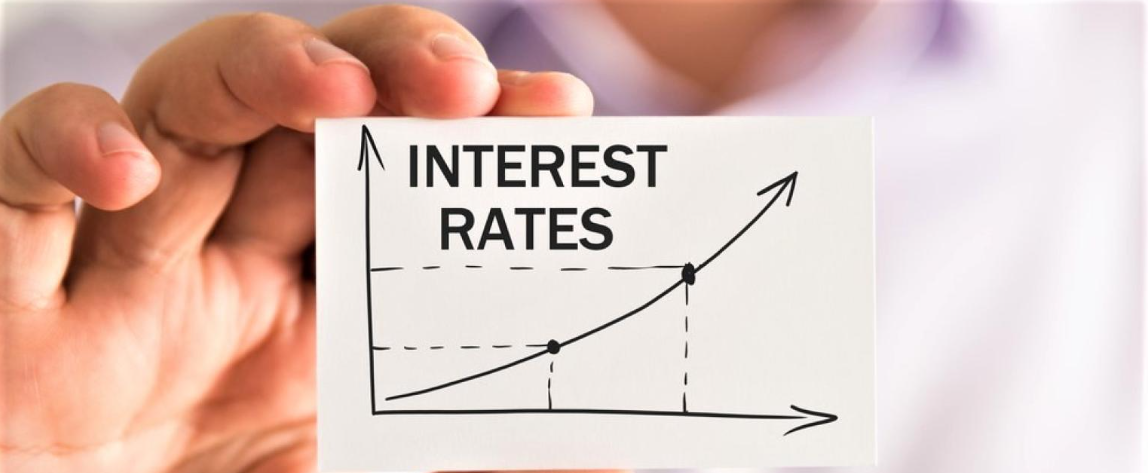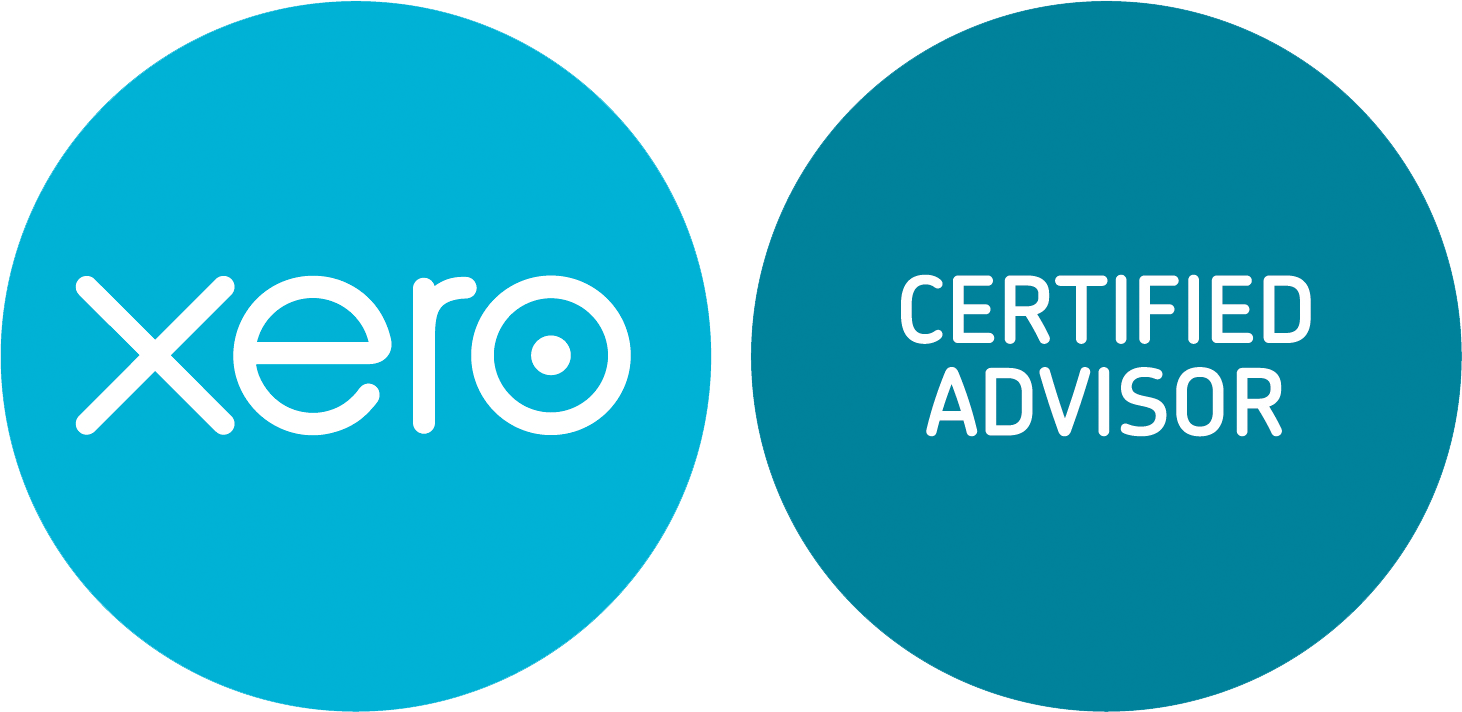Tax Tips & Changes July 2017
There are several key changes in FY2018.
For more information simply click for the item relevant to you:
Simpler BAS System.
Deductible Superannuation contribution – Change to self-employed test.
We note this is general information if you wish to understand further how this applied to your personal circumstances simply email or click here to send us a note and we can call to discuss.
Simpler BAS System
The ATO has advised that the Goods and services tax (GST) reporting on the business activity statement (BAS) is getting easier for small business. This is due to a change to GST reporting called Simpler BAS. With Simpler BAS, from 1 July 2017 small businesses will have less GST information to report on their BAS.
From 1 July 2017, Simpler BAS is the default reporting method for small businesses with a GST turnover of less than $10 million. They have less GST information to report on their BAS.
Small businesses will only need to report:
- G1 Total sales
- 1A GST on sales
- 1B GST on purchases
Click here for more information - https://www.ato.gov.au/Business/Business-activity-statements-(BAS)/Goods-and-services-tax-(GST)/Simpler-BAS/.
Overdue Tax Debt could impact on your credit rating
Recently, the government announced its intention to allow the Australian Taxation Office the power to inform credit reporting bureaus of long outstanding tax debts.
From 1 July 2017, any tax debt for a business over $10,000 and 90 days overdue may appear on that businesses credit rating.
Click here for more information - https://www.ato.gov.au/general/new-legislation/in-detail/other-topics/improve-the-transparency-of-tax-debts/.
Superannuation - Removal of 10% rule from 1 July 2017
From 1 July 2017, irrespective of your status as self-employed or working as an employee for wages, you can now claim a deduction for concessional superannuation contributions made from after tax income.
Individuals aged below 75 will be able to claim a deduction for their personal contributions to a complying superannuation fund even if their income is derived wholly from employment or they are retired. The 10% rule will no longer prevent a deduction.
Please note the concessional contribution limits will apply. See below.
Click here for more information - https://www.ato.gov.au/individuals/super/super-changes/change-to-personal-super-contributions-deductions/.
Superannuation - Reduced Concessional Contribution Cap
Do you or your employee's salary sacrificed contributions to superannuation? Do you make tax deductible contributions to superannuation?
From 1st July 2017, the concessional superannuation cap has been reduced to $25,000 each for all ages. Ensure you don't breach your limit by advising your employer or changing your automatic contributions.
Click below for more information
https://www.ato.gov.au/individuals/super/super-changes/change-to-concessional-contributions-cap/.
https://www.ato.gov.au/rates/key-superannuation-rates-and-thresholds/?page=3#Concessional_contributions_cap.
Did you pay employees during the year?
In line with the normal process you were required to provide your employees with a PAYG payment summary by the 14th July 2017. This shows how much income they earned and how much tax you took out of their pay for the financial year (1 July to 30 June). You also need to provide a copy of each employee's PAYG payment summary, as well as a PAYG payment summary statement with the ATO by 14 August 2017 .
Click here for more information - https://www.ato.gov.au/business/payg-withholding/payg-payment-summaries/?anchor=Paymentsummariesforworkers#Paymentsummariesforworkers.
Single Touch Payroll
Single Touch Payroll is a government initiative to streamline business reporting obligations. Employers will be able to report salary or wages, pay as you go (PAYG) withholding and super information to the ATO direct from their payroll solution, at the same time they pay their employees. There will also be more options for completing tax and super forms online. Employers with 20 or more employees must start reporting through Single Touch Payroll from 1 July 2018.













